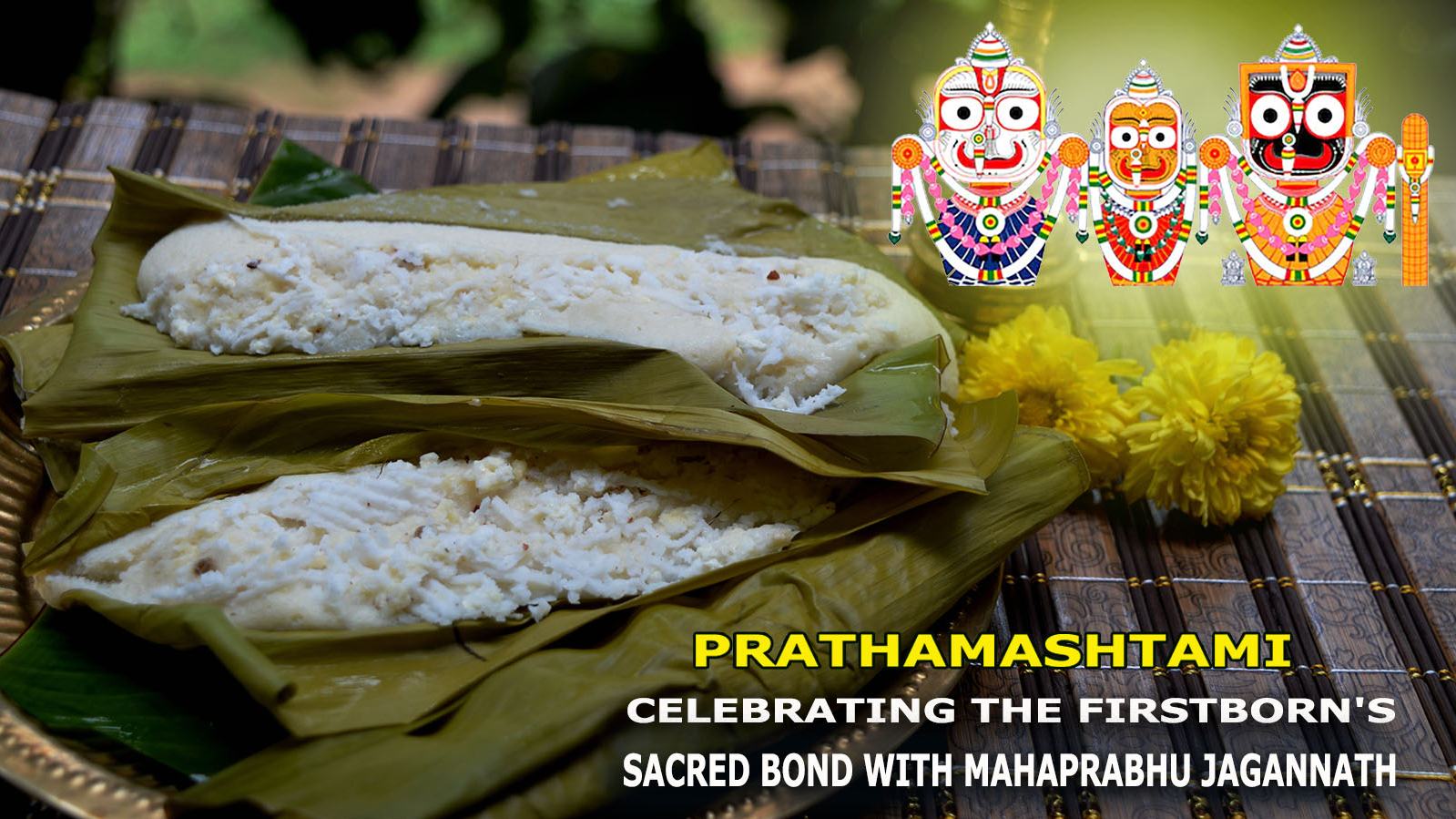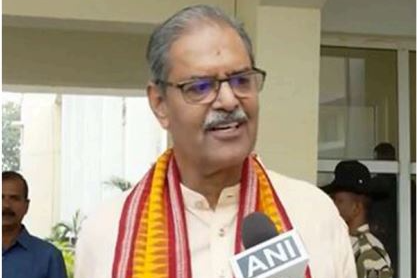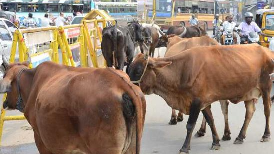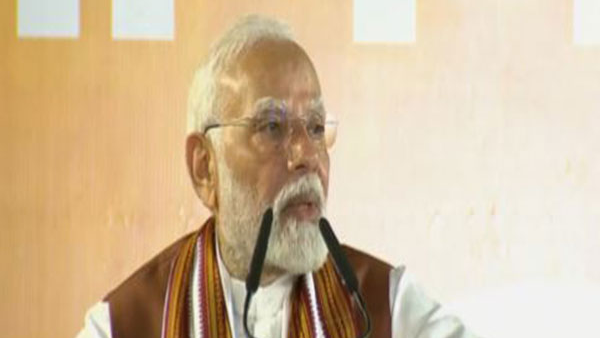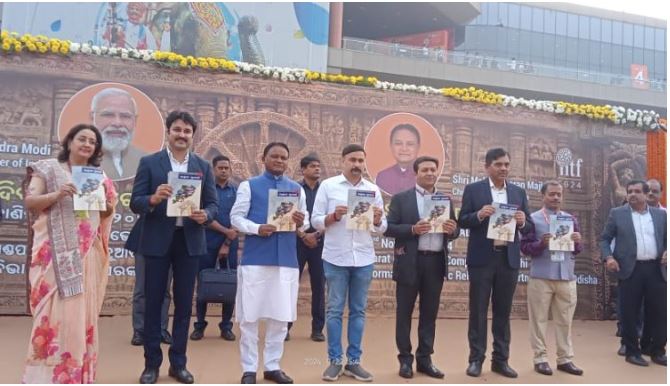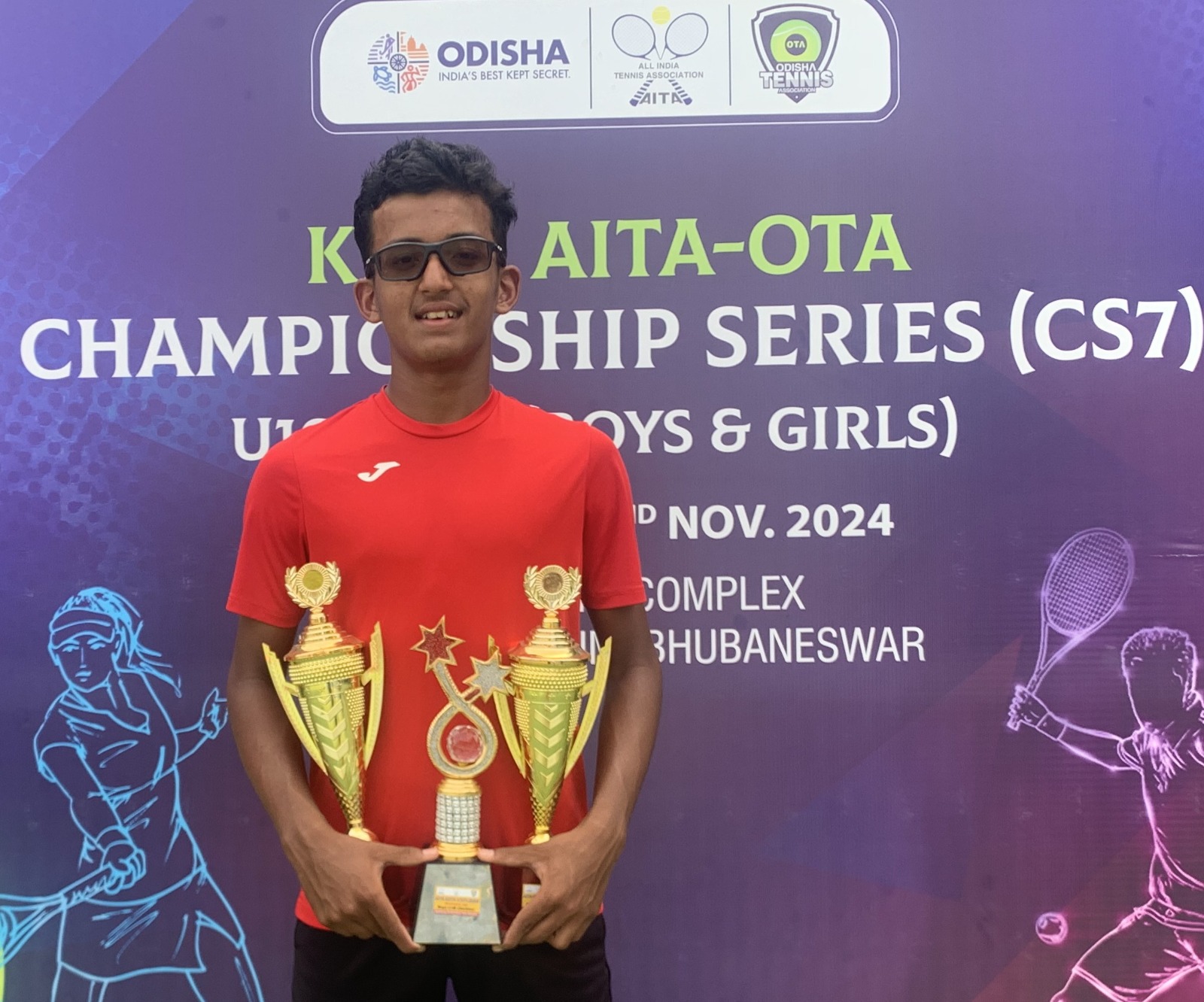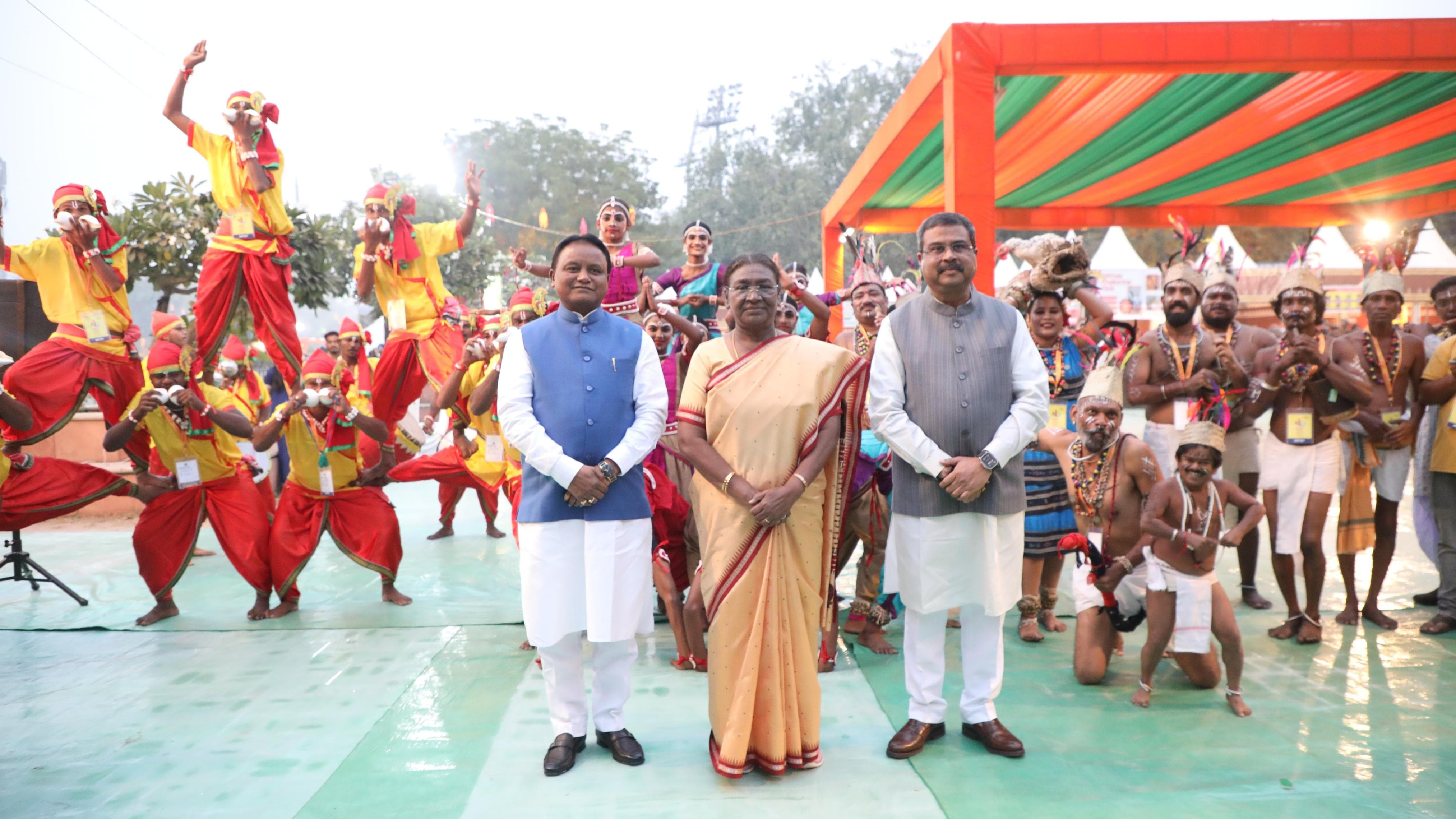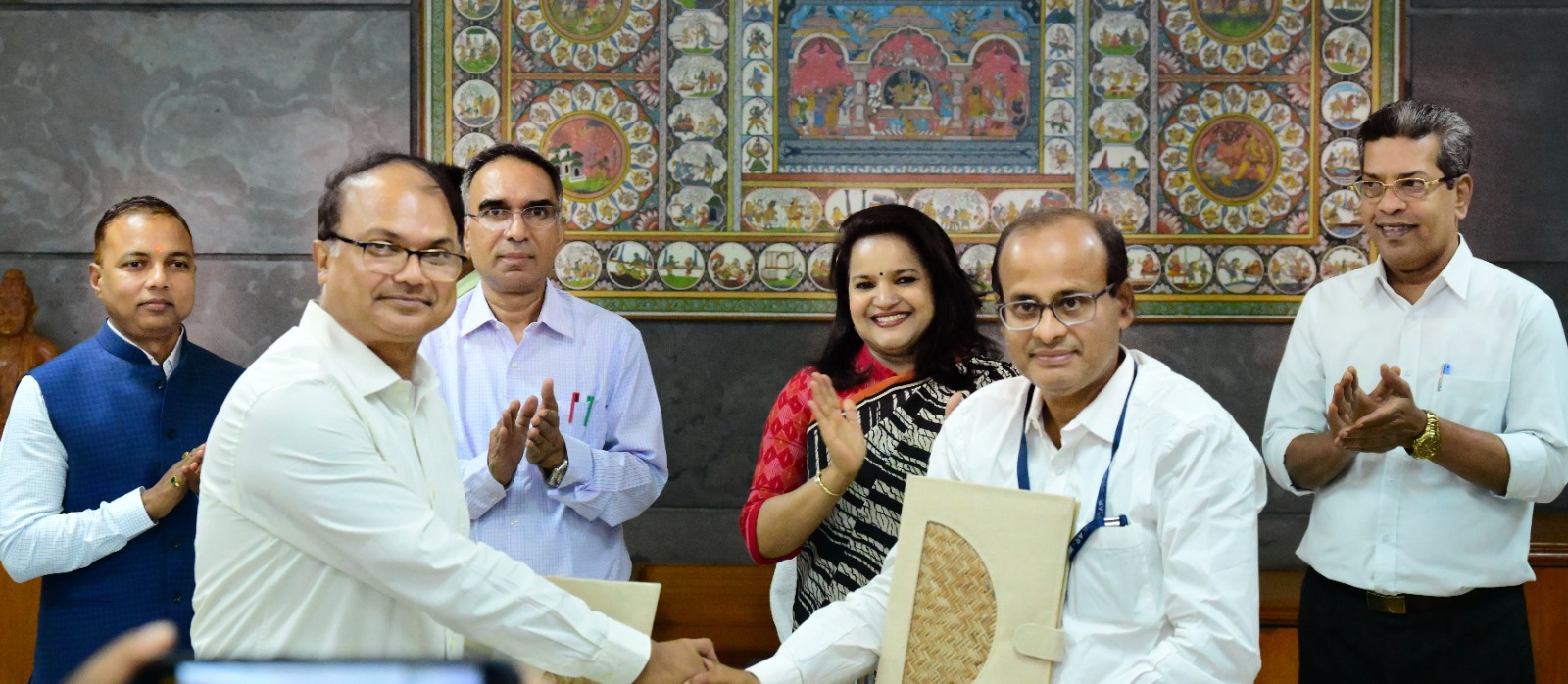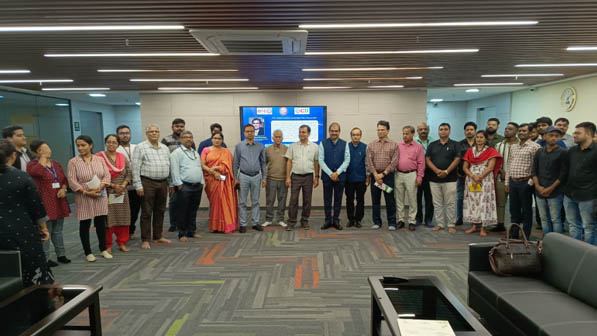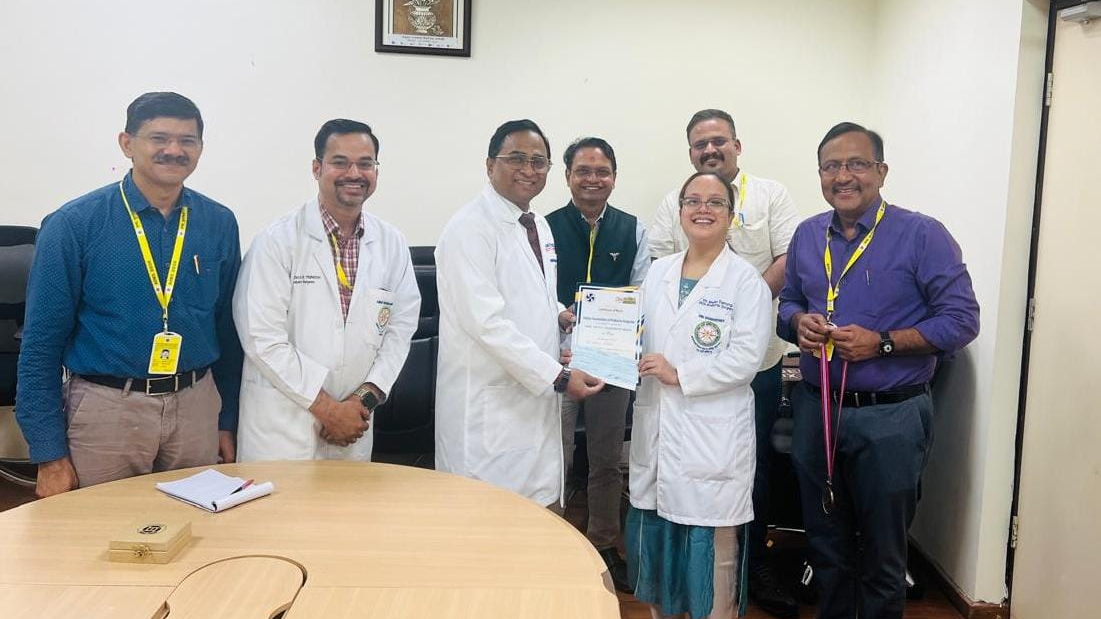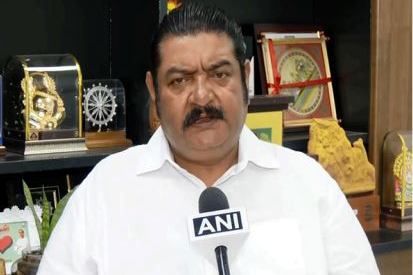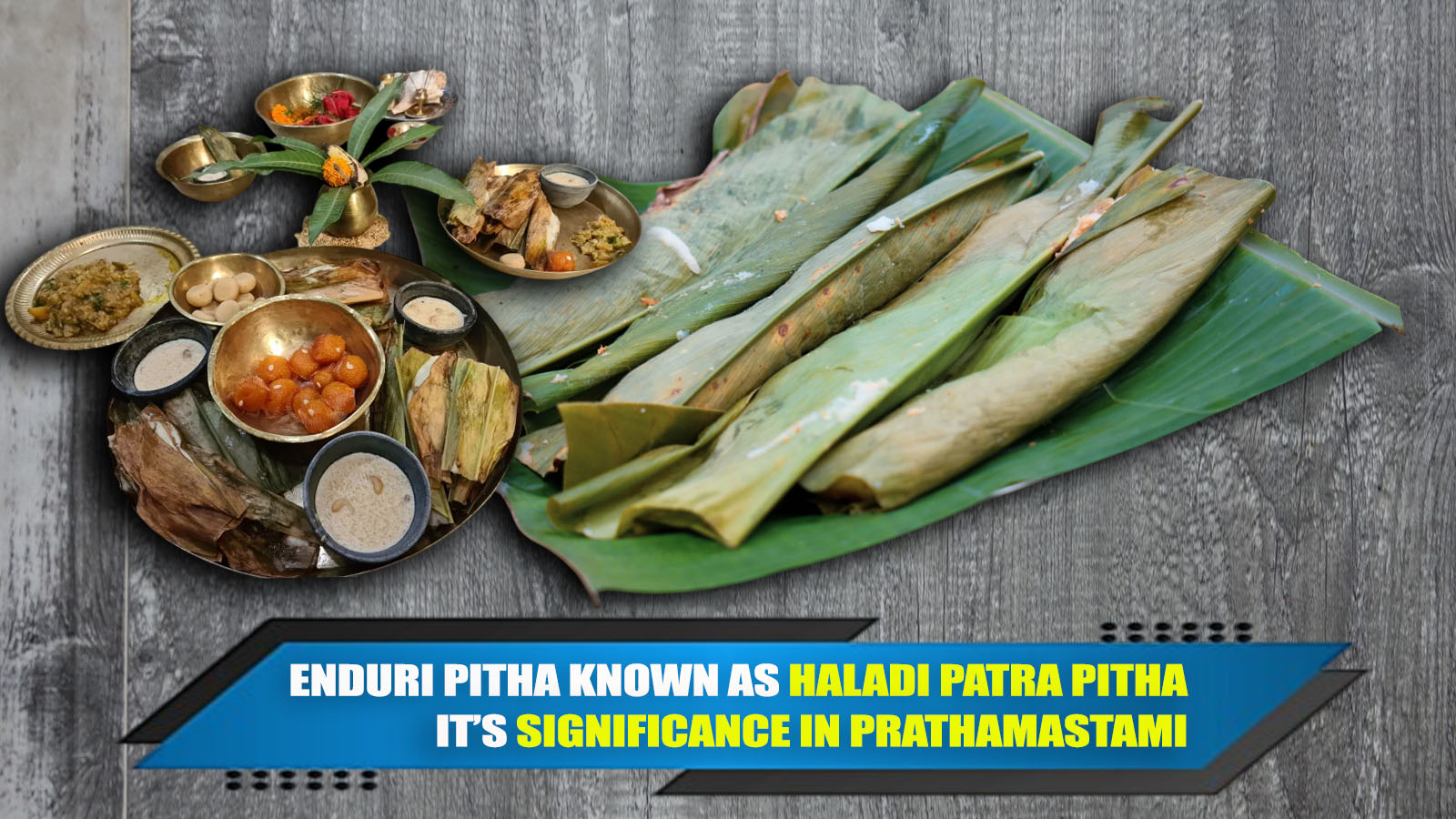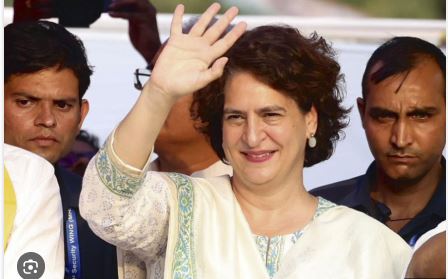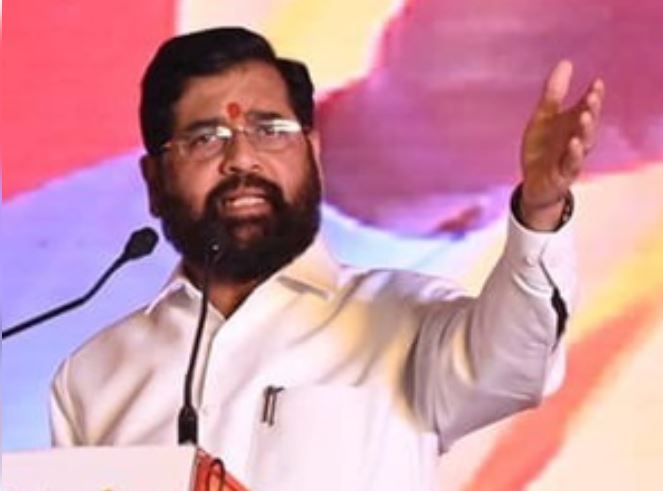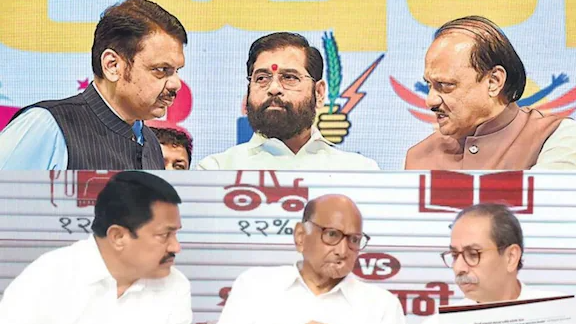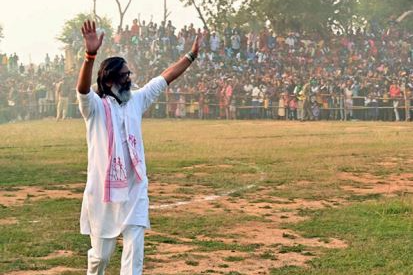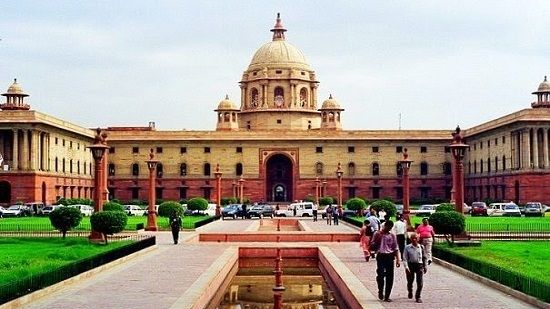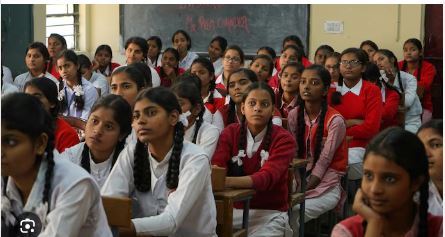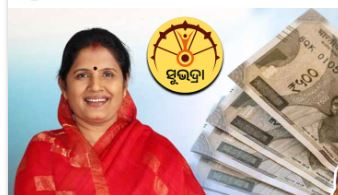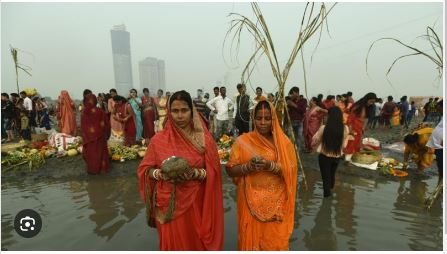Odisha, the land of vibrant culture and profound spirituality, pulsates with the rhythm of numerous festivals. Among them, Prathamashtami, a lesser-known yet deeply significant celebration, holds a special place in the hearts of Odias. Observed on the eighth day of the waning moon in Margasira, this festival isn't just about celebrating the firstborn; it’s a vibrant tapestry woven with threads of family, lineage, divine blessings, and the profound cultural ethos of Odisha.
Divine connection: Mahaprabhu Jagannath and Familial Bonds
Prathamashtami's significance is inextricably linked to the revered Mahaprabhu Jagannath. The divine triad of Jagannath, Balabhadra, and Subhadra embodies the ideal familial bond – a powerful symbol in Odia culture. This divine family structure mirrors the human family, with the firstborn child playing a pivotal role, much like Balabhadra, in upholding family values and continuity. The festival’s rituals emphasize the protection and well-being of the firstborn, mirroring the reverence afforded to the divine siblings in the Jagannath temple. The role of the maternal uncle, who plays a significant part in the celebrations, echoes the protective guardianship evident in the divine family's narrative.
While Prathamashtami lacks explicit mention in major Vedic texts, its practices are profoundly influenced by ancient scriptures. The central deity, Sasthi Devi, the goddess of children's health and protection, finds mention in the Skanda Purana and Vishnu Purana, emphasizing her role in safeguarding children's well-being. This aligns with the festival's core purpose of securing the firstborn's health and prosperity. Furthermore, the concept of kuladharma—family duty and lineage preservation—found in the Mahabharata and Manu Smriti, reinforces the importance placed on the firstborn as the heir to family legacy and traditions. The festival also draws from the worship of the divine feminine, highlighting the mother's protective role and the societal emphasis on nurturing children.
Prathamashtami is a celebration rich in symbolism and tradition. The firstborn's central role reflects Odisha's deep-rooted respect for lineage and familial responsibilities. The maternal uncle's involvement strengthens intergenerational bonds and underlines the extended family's collective responsibility in nurturing the child. The preparation of Enduri Pitha, a steamed delicacy wrapped in turmeric leaves, adds a unique culinary dimension to the festivities.
The rituals, including cleansing the home, drawing rangoli, and offering prayers to Sasthi Devi, underscore the devotion and spiritual significance of the festival. The gifts bestowed upon the child symbolize blessings for a prosperous future and the continuation of family traditions.
Prathamashtami is more than a festival; it's a living testament to Odisha's enduring cultural values. It highlights the interplay of faith, family, and community, underscoring the importance of lineage, responsibility, and the protective role of both the divine and the extended family. By celebrating the firstborn, Odisha not only honors its children but also reaffirms its profound connection to its rich heritage and spiritual beliefs, a legacy that continues to resonate through generations. The festival serves as a powerful reminder of the enduring strength of family bonds and the profound spiritual ethos that shapes the identity of Odisha.




